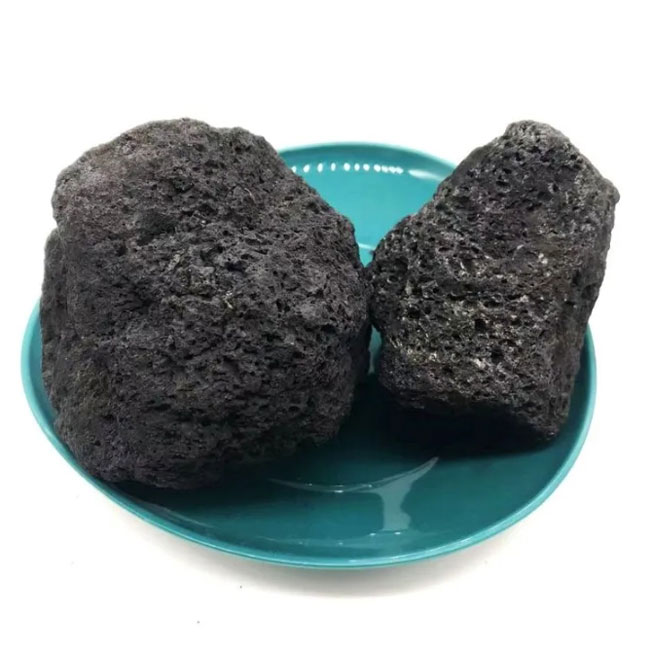
It is a byproduct of crude-oil processing. It contains carbon, which is necessary for the production of steel. It contains heavy metals, sulfur, and ash which must be removed prior to use. Petroleum coke of high quality is an economical and environmentally friendly source for raw material in the production of steel.
In the United States it is the main feedstock for direct reduction based on coke, which produces an iron that is more pure than the traditional methods. This higher-quality iron reduces the need to use more expensive natural gas or scrap metals. The higher-quality petcoke also reduces air pollution, sulfur dioxide and other pollutants.
Most petroleum coke on the planet is produced via thermal cracking in delayed coke plants. It is a chemical engineering process that transforms residual oil to petroleum coke. This is done by removing gases and volatiles and then separating the remaining heavy and light oils. This solid, honeycomb-like material can be used for fuel or specific industrial applications like graphite and the metallurgical industry. The type of petroleum coal used depends on the quality. High-quality needle coke made of low-sulfur is used to manufacture ultra-high performance graphite for electric-arc furnaces.
After calcination the petroleum coke is thoroughly dried. This step is critical because too many moistures can adversely affect the calcination, and even cause unintended reactions that affect the petcoke's physical properties. The drying process is controlled carefully to ensure that the petcoke meets the requirements for industrial use.

Once the calcined powder is dry, it may be collected in silos and transported. The petcoke powder is screened before it is combined with aggregates or binders to create the desired product.
In coal-fired electricity plants, granular petcoke and limestone are mixed to produce a slag which is added to coal during the coking procedure. This slag prevents coke from burning during coking and reduction processes. It absorbs excess heat and prevents it from being burned. This slag can be used in place of coal to generate electricity at coal-fired power stations in order reduce emissions. Petcoke granules can be used as fuels in the IGCC, or Integrated Gasification and Cogeneration process. The process converts petroleum coke, other fossil fuels, and renewable natural gases into energy. This process has been touted as a sustainable alternative to fossil fuels and a way to reduce greenhouse gas emissions. It is being used commercially in some areas of the US and Japan.

Write a Message